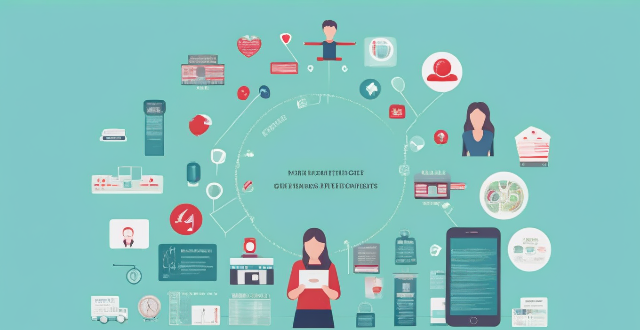Social media addiction is a growing problem with significant impacts on mental health, relationships, and productivity. Recognizing the signs of addiction, such as excessive use or neglecting important activities, is crucial for addressing the issue. The negative effects include mental health issues, relationship problems, and reduced productivity. To combat social media addiction, individuals can set limits on usage, find alternative activities, practice mindfulness, and seek professional help if needed.

Is Social Media Addiction a Real Problem?
Social media addiction is a real problem that affects millions of people worldwide. It can have negative consequences on mental health, relationships, and productivity. In this article, we will discuss the signs of social media addiction, its effects on individuals and society, and ways to address it.
Signs of Social media addiction
1. Spending excessive time on social media: If you find yourself spending more than 2 hours a day on social media, it could be a sign of addiction.
2. Feeling anxious or irritable when unable to access social media: If you experience withdrawal symptoms such as anxiety or irritability when you cannot use social media, it may indicate an addiction.
3. Neglecting other important activities: If you prioritize social media over other essential tasks like work, school, or spending time with loved ones, it could be a sign of addiction.
4. Lying about your social media usage: If you lie about how much time you spend on social media or hide your usage from others, it may suggest an addiction.
5. Using social media as a coping mechanism for stress or emotions: If you rely on social media to escape from stressful situations or regulate your emotions, it could be a sign of addiction.
Effects of Social Media Addiction
1. Mental Health Issues: Social media addiction can lead to anxiety, depression, and low self-esteem due to constant comparison with others' lives.
2. Relationship Problems: Excessive use of social media can strain personal relationships and decrease face-to-face communication skills.
3. Productivity Loss: Spending too much time on social media can interfere with work or academic performance and reduce productivity.
4. Physical Health Risks: Prolonged screen time can cause eye strain, headaches, and disrupt sleep patterns.
Ways to Address Social Media Addiction
1. Set limits on social media usage: Create a schedule for using social media and stick to it. Limit your usage to specific times of the day and gradually decrease the amount of time spent on these platforms.
2. Find alternative activities: Engage in hobbies or interests that do not involve social media, such as reading, exercising, or spending time with friends and family.
3. Practice mindfulness: Be aware of your thoughts and feelings while using social media. If you notice negative emotions arising, take a break and focus on your breathing or engage in a calming activity.
4. Seek professional help: If you struggle to control your social media usage or experience severe consequences as a result, consider seeking help from a mental health professional.
In conclusion, social media addiction is a real problem that requires attention and action. By recognizing the signs, understanding its effects, and implementing strategies to address it, individuals can regain control over their social media usage and improve their overall well-being.